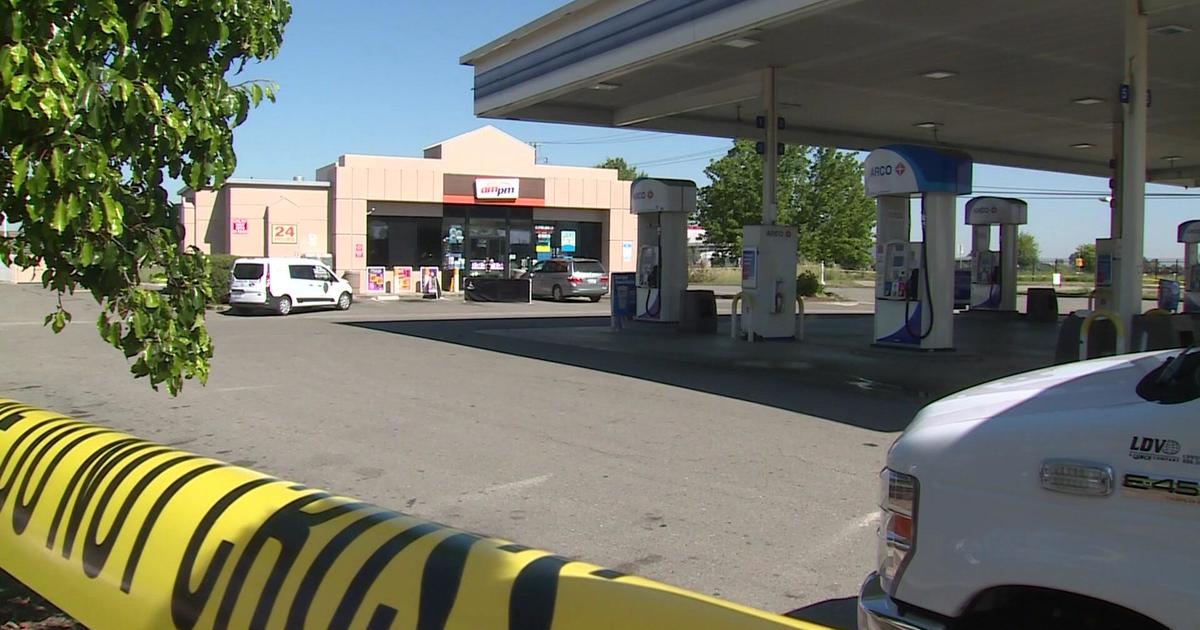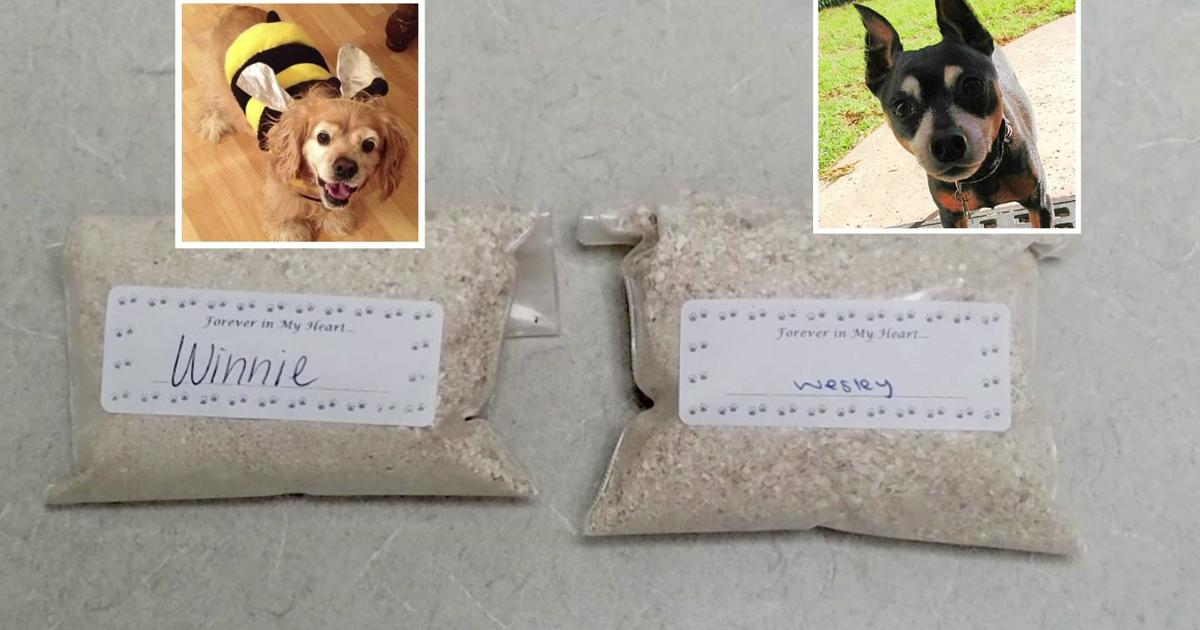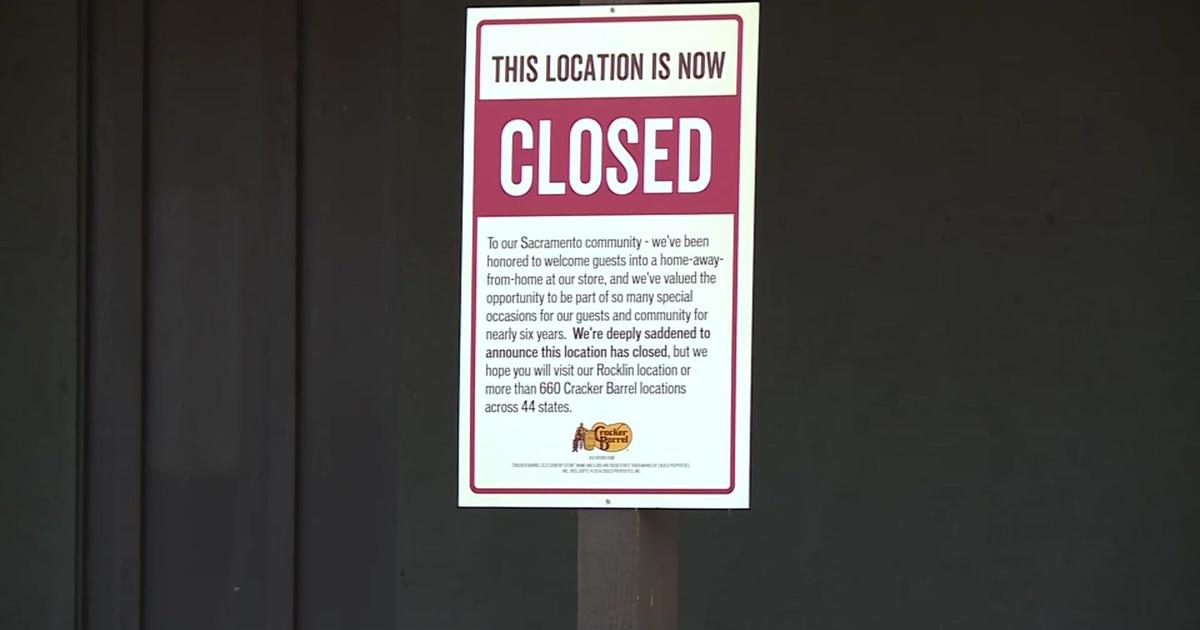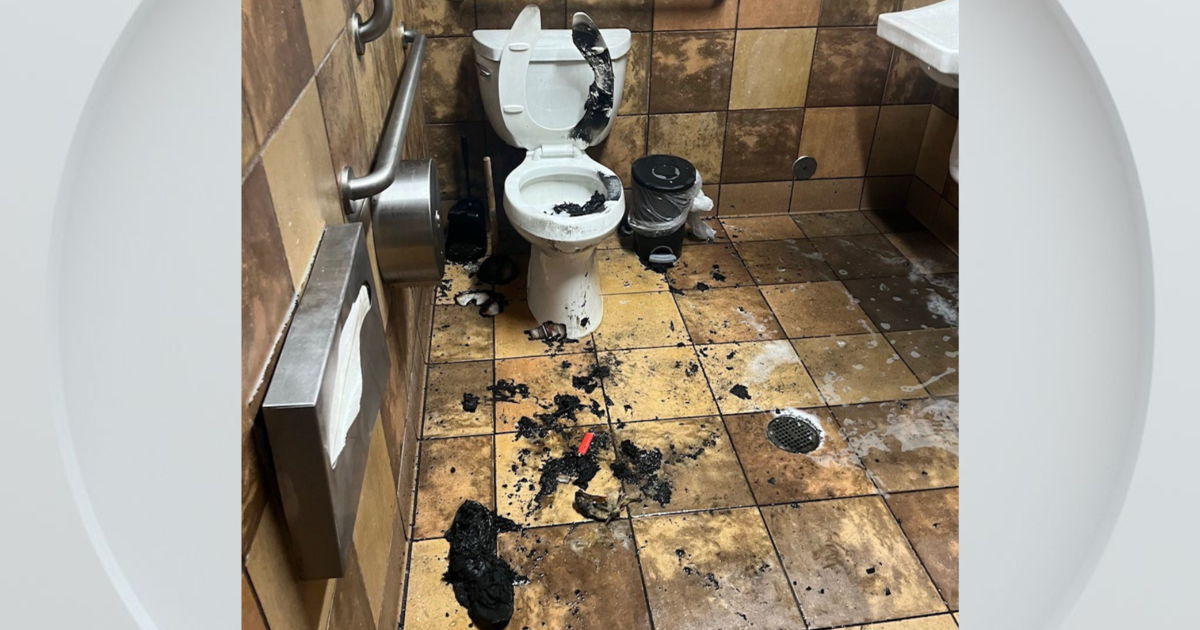Call Kurtis: Gas Mileage Myths Debunked
With gas prices well above four dollars a gallon, it's no doubt affecting every Northern California driver. While we can't do anything to bring the prices back down, we can dispel some myths that may be prompting you to pay more at the pump.
"It's just infuriating to know how much money they're making and here we are suffering," spouted off one driver passing through a West Sacramento gas station.
"They're horrible, they're outrageous," said another.
But what can you do about it?
"Just drive slower," One man told us as he was gassing up.
Be an informed driver says Edmunds.com. We talked with Senior Consumer Advice Editor, Philip Reed to dispel a few myths you may have heard about gas mileage over the years. The first: you can trust your fuel economy gauge.
"Do you have a gauge in your car that tells you how many miles per gallon you're getting?" Kurtis asked one driver.
"I do," she answered."
"Do you trust that thing?" he asked.
"I do actually," she replied.
"In some cases these fuel economy gauges have been off by as much as 10%," said Reed.
Edmunds found many gauges skew high, Tim Berg told CBS13 he thinks his gauge is way too low.
"It says 11 miles a gallon, like it's a big semi truck, that's what it's saying," said Berg.
"You think you're getting more miles per gallon?" asked Kurtis.
"Well yeah, usually," said Berg.
Moving on to where you get your gas; is one station better than another?
"I like Shell because of what they put in it. My car runs better," said one motorist.
Myth number two, according to Edmunds: cheap gas will ruin your engine.
"A lot of people feel if they get cheap gas their car's not going to run right. That's not true. In a lot of tests, it showed there was absolutely no difference in performance or emissions," said Reed.
And what about premium versus regular? That's myth number three: using lower octane gas in a premium-recommended car will cause the engine to knock.
"Your owner's manual will use the key word either 'required' or 'recommended.' If its required, you have to use it," said Reed.
If premium gas is not required, Reed says, the average driver won't see any difference in performance with a higher octane. But if premium gas is required and you still use regular, you could damage your engine.
Bucking a few myths might alleviate a little pain at the pump.
"There's not much I can do. I have to drive," another driver told CBS13.



